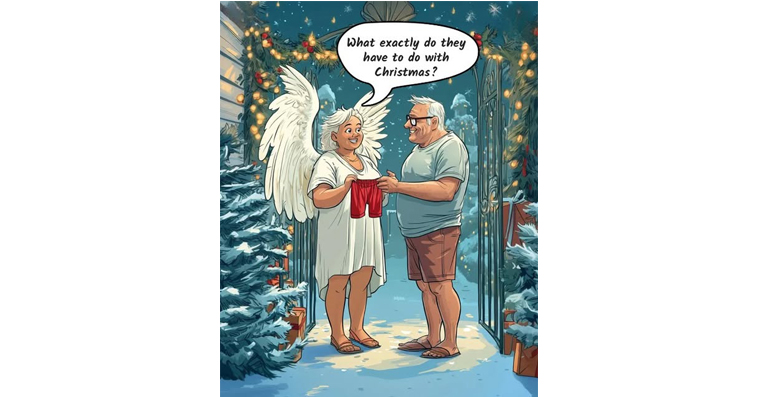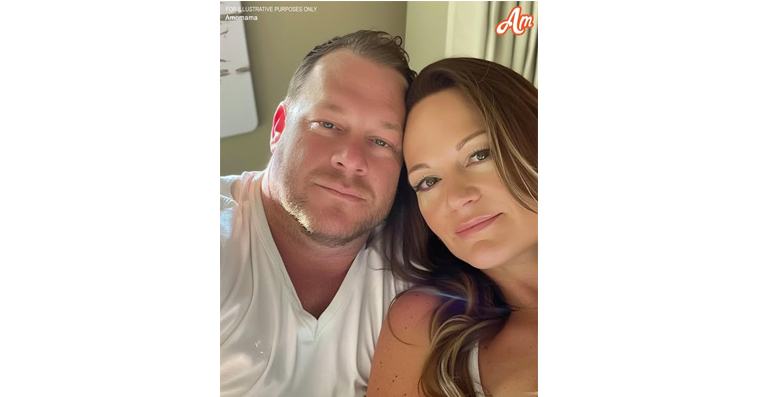I WAS SHOCKED BY THE REASON MY NEW NEIGHBORS MOVED HERE
Sitting in my usual spot by the window, I stared blankly at the world outside. It was the same as every other day since my wife passed away a year ago—quiet, gray, and suffocatingly lonely. But then, a moving truck pulled up next door, disrupting the monotony.
I watched as a pregnant woman climbed out, followed by two young children, their laughter echoing through the street. My chest tightened with irritation. Kids meant noise, chaos, and interruptions I didn’t have the patience for in my fragile mental state.
Since losing my wife, I had built a wall around myself, angry at the world and resentful of anyone who seemed happy. Seeing this young family bustling about, setting up their “perfect” home, only deepened the ache inside me.
For the next week, I did everything I could to avoid them. When the kids’ ball rolled into my yard, I kicked it back without a word. When the woman waved at me from her driveway, I turned away, pretending not to see her. I didn’t want their cheerfulness invading my bubble of solitude.
But one evening, as the sun dipped below the horizon, I glanced out my window and saw her sitting on the doorstep, her head in her hands. Even from a distance, I could tell she was crying.
At first, I wanted to look away, to dismiss her tears as none of my concern. But something—perhaps a distant echo of the compassion my wife used to remind me of—urged me to step outside.
“Are you okay?” I asked hesitantly, standing awkwardly at the edge of her yard.
She looked up, startled. Her eyes were red, her face pale. “Oh, I’m sorry,” she said quickly, wiping her tears. “I didn’t mean to disturb you.”
“You’re not disturbing me,” I replied, softening. “Do you… want to talk about it?”
For a moment, she hesitated, but then the words tumbled out. “My husband passed away six months ago. I couldn’t stay in our old house—it was too full of memories. So, I moved here, hoping for a fresh start.”
Her confession hit me like a freight train. She wasn’t the cheerful, picture-perfect family I had assumed. She was grieving, just like me.
“I’m sorry,” I said quietly, my anger melting into empathy. “I lost my wife last year. I know how hard it is.”
She nodded, her tears flowing freely now. “It’s been so hard on the kids. They try to be strong, but I can see how much they miss him. And with the baby on the way, I just feel so… overwhelmed.”
Without thinking, I sat down beside her on the step. “It doesn’t get easier,” I admitted, “but it helps to know you’re not alone.”
We sat there for a long time, sharing stories about our loved ones. Her husband had been a kind, funny man who adored his children. My wife had been my anchor, my constant source of light.
By the time we said goodnight, something had shifted. The wall I had built around myself didn’t feel quite so impenetrable anymore.
The next day, when the kids’ ball rolled into my yard again, I didn’t just kick it back—I brought it to their door and asked if they wanted to play catch. For the first time in months, I heard myself laugh as their faces lit up with excitement.
Over time, my relationship with my new neighbors grew. The woman, whose name was Sarah, became a friend and confidante. Her children reminded me of the joy I used to feel in life’s simplest moments. And when her baby was born, I found myself babysitting, holding the tiny bundle of life and feeling something I thought I had lost forever—hope.
In the end, they didn’t just move into the house next door. They moved into my heart, teaching me that even in the darkest times, connection and kindness can lead to healing.

